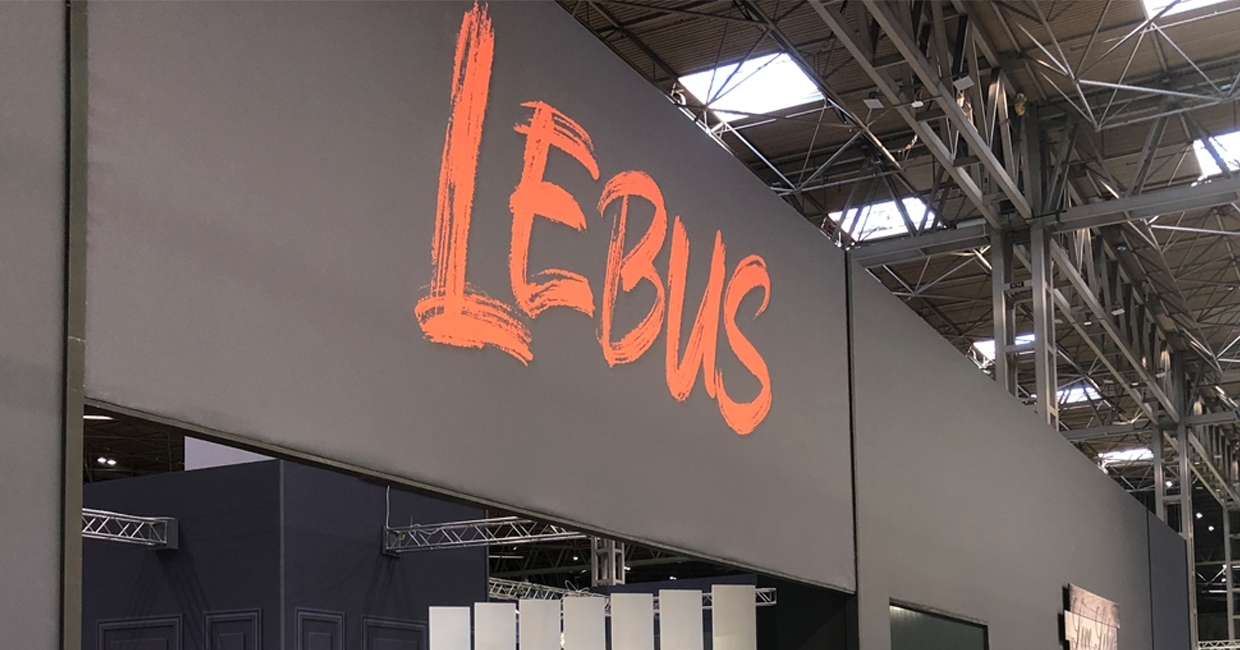Having undergone the transition into an Employee Owned Trust (EOT) in July 2021, Lebus Upholstery now faces new challenges – yet, astonishingly, output continues to match demand, says MD Karl Walker …
In 2021, Lebus Upholstery’s shareholders sold the business.
It may not have been the most profitable move, but transforming the business into an Employee Owned Trust (EOT) could turn out to be a masterstroke in succession planning and staff retention. Each employee now enjoys tax breaks and performance-based bonuses, plus their very own share of one of the UK’s biggest upholstery manufacturers – all of which sets Lebus comfortably apart in an increasingly competitive labour market.
However, says MD Karl Walker, 2022 offered little time to dwell on the possibilities. Dominating the long roster of “distractions” were labour issues, recruitment, commodity price rises, inflation, and “the foam debacle” –predominantly external factors, but enough to stifle most business’ attempts to formulate long-term plans. The post-pandemic ‘new normal’ might feel anything but, yet successful enterprises must do more than just roll with the punches.
Reassuringly, it’s all good at Lebus’ Scunthorpe HQ. “Despite all that, business has been great,” says Karl, “and the EOT is already proving beneficial. Eighteen months in, our own recruitment drives and training programmes are working well. Summer saw an easing of the labour market, and although the general staffing situation is much more fluid these days, some of the vital Eastern European workers are returning. Crucially, it looks like we’re settling back into normal trading patterns – and our capacity will soon be back at 2019 levels.”
Good staffing levels, and fresh investment in automation (including new packing machines) mean Lebus can now turn out around 1950 suites every week (2200 at a stretch) – a far cry from the inconsistent and significantly reduced volumes of 2020-21. And these impressive output levels reflect equally impressive demand.
“We were very aggressive in the key Boxing Day/post-Christmas period, and our results were better than ever,” says Karl. “Yes, with package holidays coming back, summer could be quite hard – people will still want to buy furniture, you’ll just have to work that bit harder to call them to arms – but, looking at the bigger picture, I think we’re in a great position overall.”
Karl admits that he was ‘a bit pessimistic before Christmas”, steeling himself for a “very challenging” 2023.
“But now I’m incredibly optimistic,” he continues. “We’re a nation of consumers. We don’t want to go without for long. Wherever you go, people are spending, and there’s lots of cash still out there, much of it left over from lockdown.”
That’s not to say Karl believes the entire marketplace will be prosperous – rather that Lebus Upholstery’s products and price points are chiming with cash-strapped consumers.
“When consumers start to reel in their spending, it simply becomes about value, and where your offer sits,” he explains. “Businesses like ours have always benefitted in potential recession. We’re better/best in class at what we do, and because we’re fully integrated, we can be slightly more competitive than most – so retail buyers start looking at us with hungrier eyes!”
Karl explains that a typical Lebus sofa will retail for anything between £499-£899, and inching above that critical price point seriously impacts the consumer’s perception of ‘value’.
“Given the challenges we’ve faced around material prices and inflation, everybody has moved their price points up, and some have gone into no-man’s land,” he says. “Consequently, I’m sensing a lot of movement in the trade, with buyers looking for new opportunities and products that offer more value.
“We know retailers still need products that can hit those vital price points – even if it’s only during a promotion – so we’ve always stuck to our core offer. With the year we’ve just had, you can easily get distracted, but sometimes you just need to get back to basics. Who are your customers? What do they want?”
Although the lockdowns – and the reduced capacity that came with them – put the brakes on product development, Lebus subsequently turned its attention on re-engineering existing lines to keep them at those critical price points, while looking at alternative material solutions.
“Foam is a necessary evil, but due the manner in which we’ve had to operate – the price increases, the availability of TDI, etc – we’ve had to start looking at alternatives,” says Karl, mentioning the exploration of recycled fillings from various sources. “We can’t have outside factors dictate our direction.”
Lebus launched eight collections at this year’s January Furniture Show, including Madena, designed with the trend towards natural colour palettes in mind, while existing favourites Pasha and Perth were given a makeover with the introduction of rich, jewel-like colours.
“We’ve always had an eclectic mix of product, which is far safer than being a one-trick pony,” says Karl. “Your range needs to be diverse, and it needs depth of distribution, to be truly successful. We saw a really good, broad spread of orders at this year’s show, and all of the new models landed well, which is remarkable.
“In all, we came to JFS upbeat, with a strong order book, the right product and the right people, and the team performed well. Hopefully we’ve got a year of stability and normality ahead.
“It’s inevitable that demand will grow, and we want to be ready for it. We’re looking, for example, at an extra mezzanine for fast-track delivery, and have trialled a limited proposition for seven-day delivery. As a business, we see so many opportunities, and while we can’t seize them all, the EOT will definitely help us pick our battles on our own terms,” Karl concludes.
Read more about the EOT at Lebus in this month's issue.







